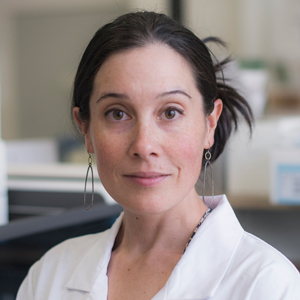Location:
Webinar via Microsoft Teams Live Event
Cost
Free
Contact for enquiries
Rata Joseph, +61 (2) 9385 0900 or recpt@kirby.unsw.edu.au
Kirby Institute Seminar Series presents
 |
Professor Zabrina Brumme Zabrina Brumme is a Professor in the Faculty of Health Sciences at Simon Fraser University and the Director of Laboratories at the British Columbia Centre for Excellence in HIV/AIDS in Vancouver, Canada. Her research integrates molecular biology, epidemiology and computational approaches to study HIV genetic diversity and evolution with the goal of informing HIV vaccine and eradication strategies. |
Abstract
The main barrier to curing HIV is the virus’ ability to persist, as an integrated provirus, in the genomes of infected host cells despite long-term antiretroviral therapy. These proviruses can reactivate at any time to produce infectious HIV, and for this reason HIV medications must be maintained for life. Only a minority of persisting HIV proviruses however are genetically intact (and thus possibly able to produce infectious virions); the vast majority are defective and cannot contribute to viral recrudescence. Scalable molecular assays capable of discriminating intact from defective proviruses are thus urgently needed, but it was only recently that one such assay, that uses droplet digital PCR, was developed. This assay represents a game-changing development in the field, but HIV’s extensive sequence diversity has emerged as a challenge to its application. In this presentation I will use our lab's experience in implementing and improving upon this game-changing assay as an opportunity to give a broad introduction to HIV persistence and cure research, to discuss a cool molecular technology (ddPCR), and simply to reflect on the joys of troubleshooting in molecular laboratory research.
